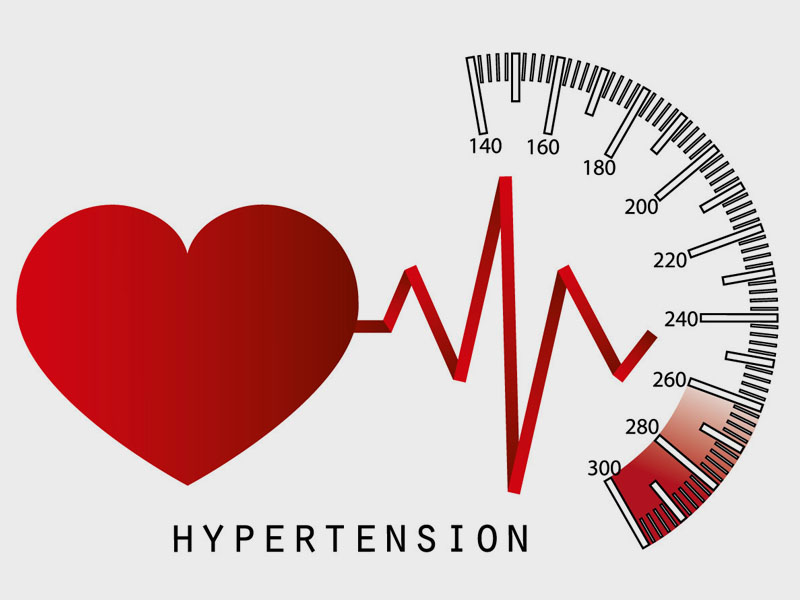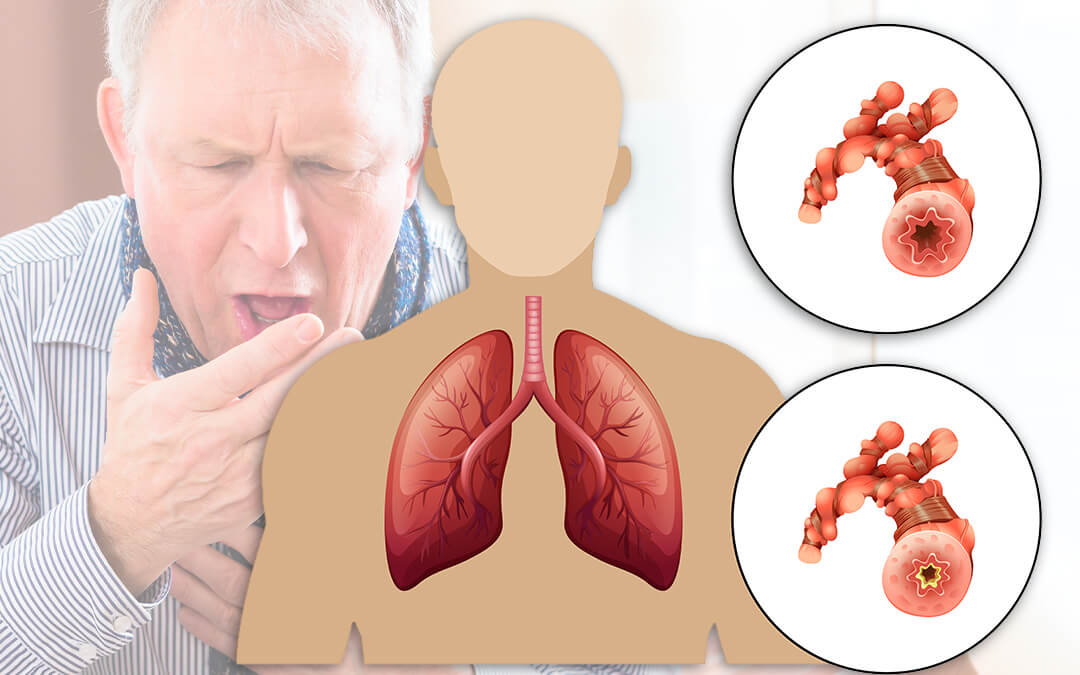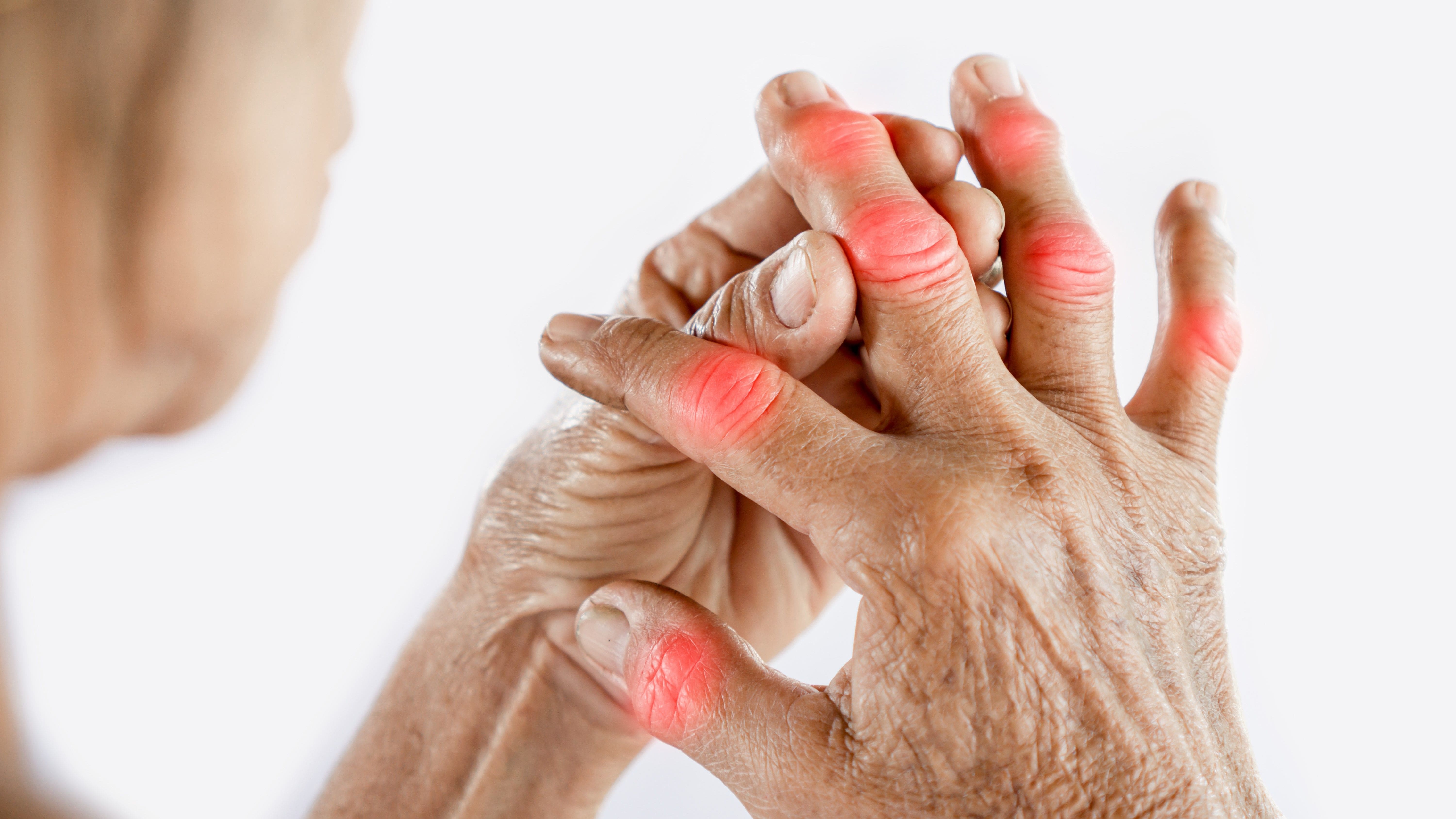
Hypertension: Understanding, Causes, and Effective Management
Hypertension, or high blood pressure, is a chronic medical condition that increases the risk of heart disease, stroke, and other health complications. Proper management and preventive measures are essential for maintaining optimal health.
Common Types of Hypertension
1. Primary Hypertension
- Cause: No identifiable cause but linked to genetics, lifestyle, and aging.
- Symptoms: Often asymptomatic, but may include headaches or dizziness.
- Treatment: Lifestyle changes and medication.
2. Secondary Hypertension
- Cause: Underlying conditions like kidney disease or hormonal disorders.
- Symptoms: Similar to primary hypertension but may vary based on the underlying cause.
- Treatment: Treating the underlying condition along with blood pressure management.
Causes and Risk Factors
- Unhealthy Diet: High sodium and low potassium intake.
- Physical Inactivity: Lack of regular exercise contributes to weight gain and hypertension.
- Obesity: Excess weight increases strain on the heart and arteries.
- Family History: Genetic predisposition to high blood pressure.
- Chronic Conditions: Diabetes and kidney disease are major risk factors.
Prevention Tips
Adopt a Healthy Diet
- Reduce salt intake and avoid processed foods.
- Incorporate fruits, vegetables, whole grains, and lean proteins.
Stay Physically Active
- Engage in regular aerobic exercise like walking, jogging, or cycling.
- Include strength training exercises at least twice a week.
Maintain a Healthy Weight
- Aim to achieve and maintain a healthy body mass index (BMI).
- Consult a nutritionist or fitness expert for personalized advice.
Limit Alcohol and Avoid Smoking
- Moderate alcohol consumption and avoid binge drinking.
- Quit smoking to reduce cardiovascular risks.
Treatment Options
- Medications: Antihypertensive drugs to control blood pressure.
- Dietary Modifications: Following the DASH (Dietary Approaches to Stop Hypertension) diet.
- Regular Monitoring: Checking blood pressure at home or in clinical settings.
- Stress Management: Techniques like meditation, yoga, or therapy.
Complications of Untreated Hypertension
- Heart Disease: Increased risk of heart attack or heart failure.
- Stroke: High blood pressure can lead to blocked or ruptured arteries in the brain.
- Kidney Damage: Hypertension is a leading cause of kidney failure.
- Vision Loss: Damage to the blood vessels in the eyes.
Role of Healthcare Facilities
- Accurate Diagnosis: Regular blood pressure check-ups and evaluations.
- Personalized Care: Tailored treatment plans based on individual health profiles.
- Patient Education: Guidance on lifestyle changes and medication adherence.
- Emergency Services: Immediate care for hypertensive crises.
Conclusion
Hypertension is a manageable condition with the right approach. By adopting a healthy lifestyle, staying informed, and seeking medical care when necessary, individuals can effectively control their blood pressure and lead healthier lives. Take charge of your health today!













